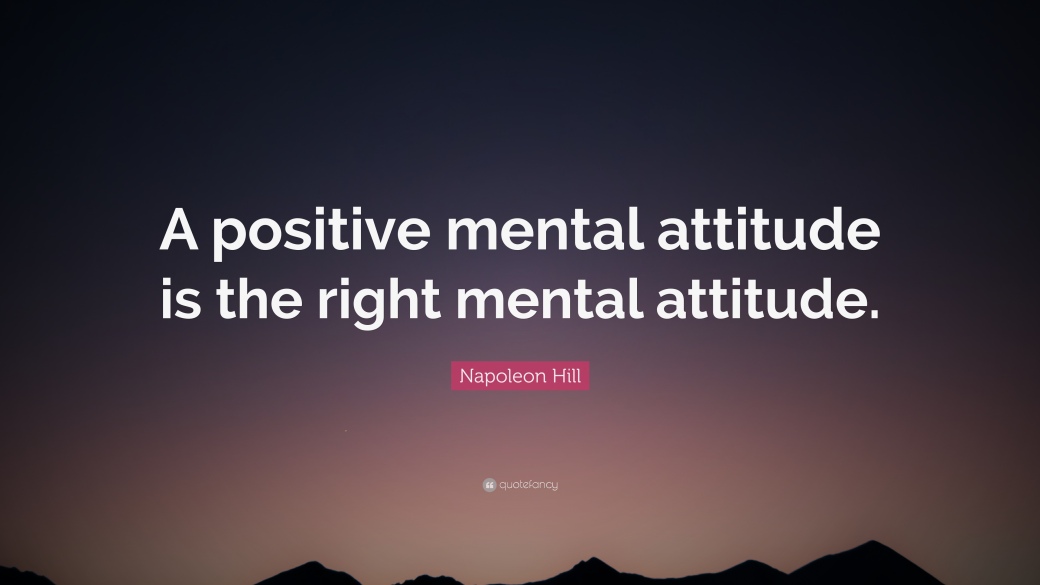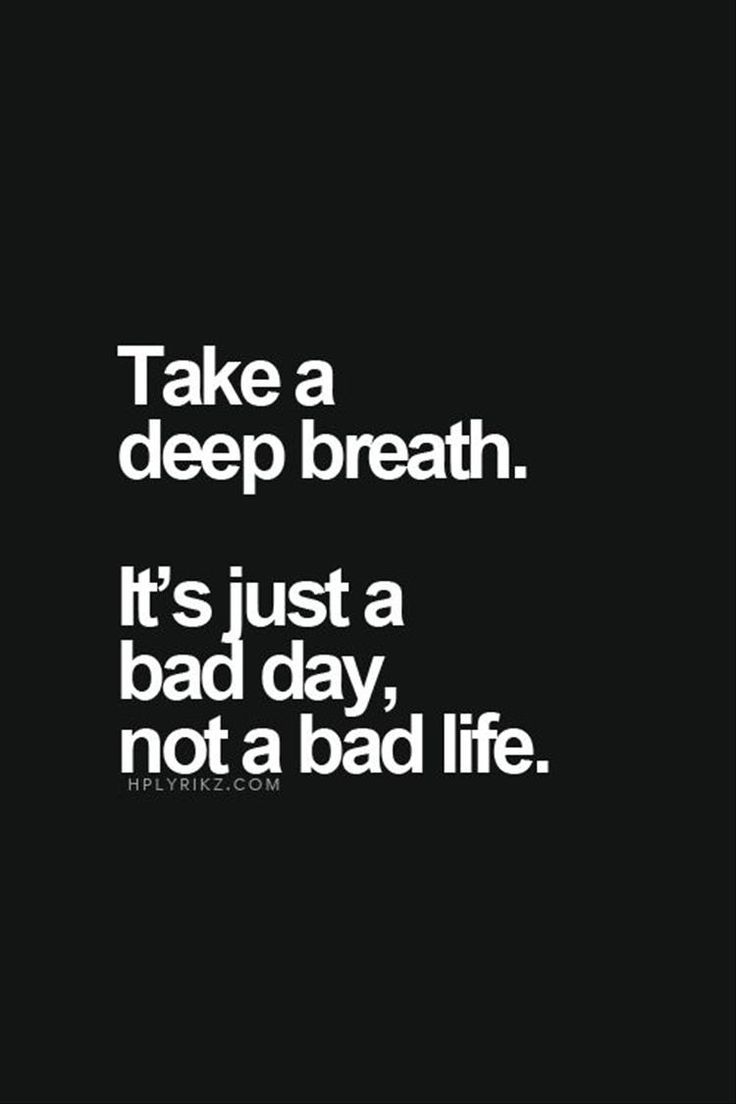A Guide to Surviving Modern Life!

Radical differences between the way we live now and the lives of our
ancestors are harming our health, but the following these rules will halt the damage
You would think that with the advances in modern medicine, an ambulance of food and healthier lifestyles, living in the 21st century would be pretty good for you. But it seems that radical difference between the way we live now and the lives of our ancestors are harming our health.
At the America Association for the Advancement of science, researchers explained how the modern world is completely at odds with the way human senses, such as sight and taste, have evolved. They claim, for instance, that because our eyesight was designed to spot danger in the distance, staring close up at screens for hours will inevitably cause vision problems.
Here’s our top-to-toe guide on how to survive modern life.
HEAD
THE PROBLEM: Depression and Anxiety
If you think multitasking is a good way to get lots done, think again. According to neuroscientist Earl Miller, our brain aren’t wired for it. “People think they’re multitasking, but they’re actually just switching from one task to another very rapidly and performing each one less effectively,” he explains.
Attempts to multitask have been found to increase production of the stress hormone cortisol and the fight-or-fight hormone adrenaline, leaving us anxious, and over time, increasing our risk of depression.
BEAT IT: Focus on one task at a time and take regular tech breaks. It’s especially important for good sleep that tablets and smartphones aren’t used before bed as they overstimulate the brain.
EYES
THE PROBLEM: Cyber-Induce sight loss
Spending large amounts of time indoors under artificial lights and staring at computer screens has helped produce “myopia epidemic”, with as many as 90% of people needing glasses, according to experts. “We’re simply not spending as much time outside as when our vision system first evolved.”
“a shift that is drastically affecting our sight.”
BEAT IT: Remember to blink regularly to encourage tear production, and adopt the 20-20-20
Rule: every 20 minutes, look 20 feet away for 20 seconds to give your eye muscles a break.
NOSE
THE PROBLEM: Smell depletion Our sense of smell is under attack from air pollution, according to an expert “Smell evolved in very odour-rich outdoor landscape.” As a result of spending less time outdoors, the natural scents which were an important part of life for our ancestors – for example, telling them when food was safe to eat – are now masked from us.
BEAT IT: It’s important to get outdoors more often, to go to green open spaces. Stop smoking as it Impairs both taste and smell.
EARS
THE PROBLEM: Hearing loss Technology has transformed the way we listen to music, from huge concept amplification to wireless headphones. But these advances have come at a cost to our hearing, with overexposure to loud noise the single largest cause of preventable deafness.
BEAT IT: Don’t listen to music at more than 60% of your device’s maximum volume – some smartphones have a built – in safety monitors which warm you when you cross the line.
MOUTH
THE PROBLEM: Sugar addiction Paul Breslin, Professor of Nutritional Sciences at Rutgers University in the US, believes our love for sugary food comes from our ape ancestors who “would go up into the trees and gorge on the fruit in season”. However, today sugary treats are available all year round.
BEAT IT: Cut down gradually to lessen withdrawal symptoms; reduce sugar in tea and have fewer fizzy drinks. Stress can also have a major impact on sugar cravings, so try to manage yours. Eating foods rich in magnesium, such as nuts, seeds and even a little dark chocolate can help ease anxiety.
LUNGS
THE PROBLEM: Struggling to breathe Air pollution is a big problem. In particular, levels of nitrogen dioxide – which is linked to heart and lung disease – is at dangerous levels.
BEAT IT: For adults and children with lung or heart problems, and for older people, the advice is to strenuous physical activity. People with asthma should use their inhalers more often.
STOMACH
THE PROBLEM: Depleted bacteria Eating processed foods, having super-clean homes and overusing antibiotics, have had an adverse impact on our body bacteria, reducing their numbers dramatically. Scientist now think this change could be linked to spikes in asthma, allergies and diabetes, which have all dramatically increase since the 1970s.
BEAT IT: “To replenish healthy gut bacteria, eating live yoghurt and fermented foods, such as Kimchi, Kefir and sauerkraut, can help.”
LEGS
THE PROBLEM: Sitting sickness Being chair-bound for hours cause poor posture, back strain, and weaker muscles and bones. It also slows blood circulation, triggering problems from swollen ankles and varicose veins to dangerous blood clots.
BEAT IT: Sit on something wobbly, such as an exercise ball or a backless stool, to force your core (stomach and lower back) muscles to work. Stand up every 30 minutes and walk around.
















